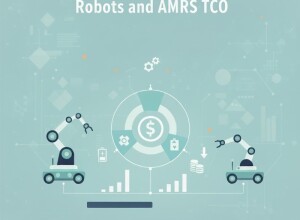Deep Learning and Neural Networks
Deep Learning is a subset of Machine Learning that uses artificial neural networks with multiple layers to analyze complex data. It has enabled breakthroughs in image recognition, natural language processing, and generative AI.
What Are Neural Networks?
Neural Networks are computational models inspired by the human brain. They consist of layers of interconnected nodes (neurons) that process information and learn patterns from data.
- Input Layer: Receives raw data.
- Hidden Layers: Perform computations and extract features.
- Output Layer: Produces predictions or classifications.
How Deep Learning Works
Deep Learning networks use multiple hidden layers to model complex relationships. During training, the network adjusts weights and biases through a process called backpropagation to minimize error.
Applications of Deep Learning
- Image and video recognition (e.g., facial recognition, medical imaging)
- Natural Language Processing (e.g., chatbots, translation, sentiment analysis)
- Generative AI (e.g., DALL·E, MidJourney, GPT models)
- Autonomous vehicles (e.g., self-driving cars, traffic prediction)
Popular Neural Network Architectures
- Convolutional Neural Networks (CNNs) – ideal for image and video processing
- Recurrent Neural Networks (RNNs) – used for sequential data like text and time series
- Transformer Models – power modern NLP and generative AI systems
Learn More
Related articles:
- AI vs. Machine Learning vs. Deep Learning
- Natural Language Processing (NLP)
- Generative AI: Text, Image, Video
Navigation
Continue exploring AI resources:







































